Why should you wear a face mask?
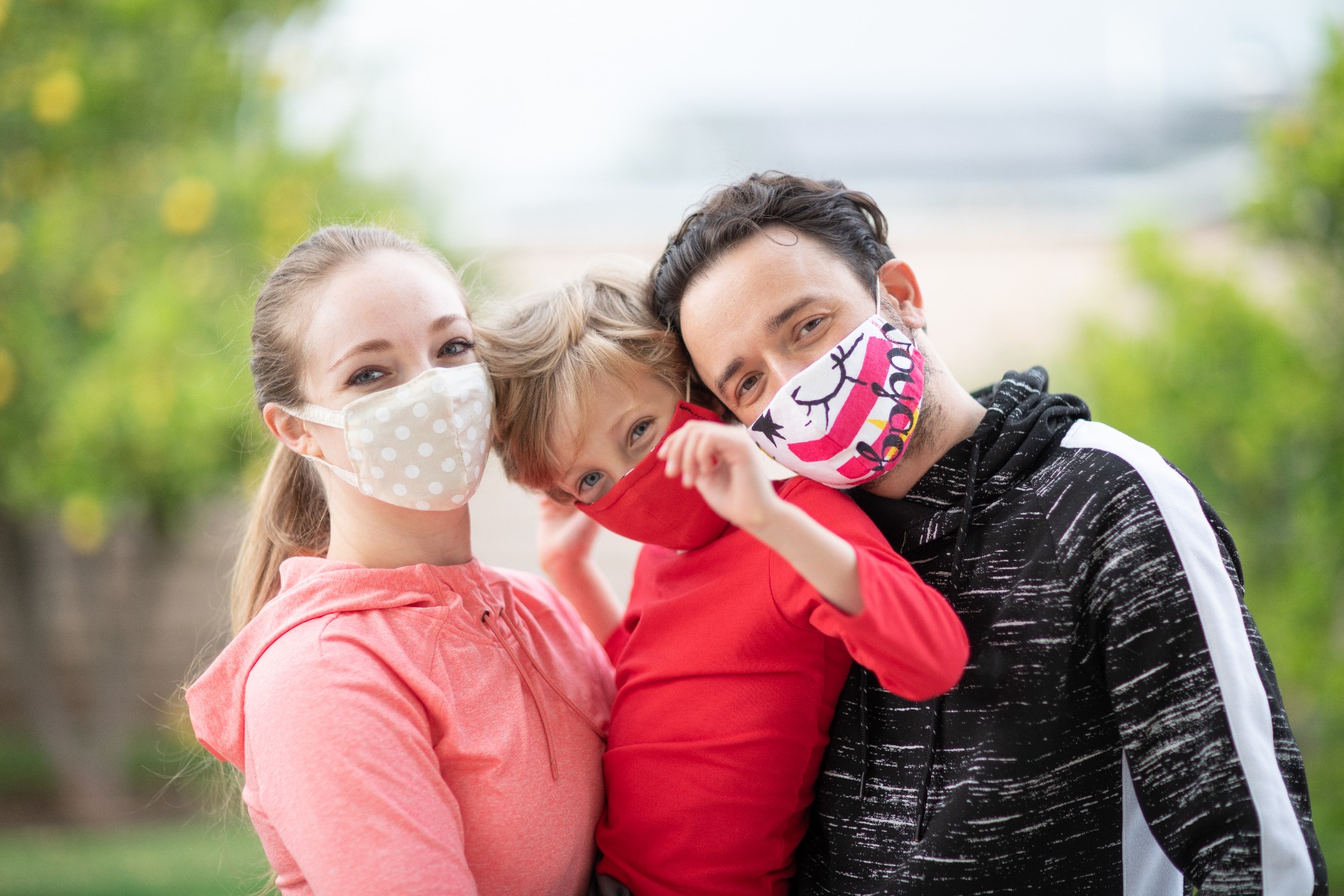
When you wear a face mask, you’re protecting people that you care about, your family, your friends, essential workers, and everyone else that you come in contact with.
The CDC states that “A cloth face covering may not protect the wearer, but it may keep the wearer from spreading the virus to others.”1
COVID-19 is a coronavirus that primarily spreads through respiratory droplets when an infected person coughs, sneezes, talks, sings, shouts, and so on. These droplets can land in the mouths or noses of people nearby or be inhaled into the lungs.
Recent studies have shown that a significant portion of the individuals with COVID-19 lack symptoms (asymptomatic) or can transmit the virus before showing symptoms (presymptomatic). To reduce the spread of COVID-19, the CDC recommends that people wear cloth face coverings in public settings when around people outside of their household to help prevent people with coronavirus from spreading it to others.
Wearing a cloth face mask helps protect people around you, including people at a higher risk of severe illness from COVID-19, restaurant staff, store workers, and others. When widely used in public settings, cloth face covering along with other measures, like social distancing and hand washing, can help reduce the spread of COVID-19.
Types of Face Masks and Which One You Should Wear

You’ve probably seen people wearing a variety of face masks during this pandemic. Are you wondering what’s the difference between them? Or which one is right for you? Different masks are recommended for different circumstances.
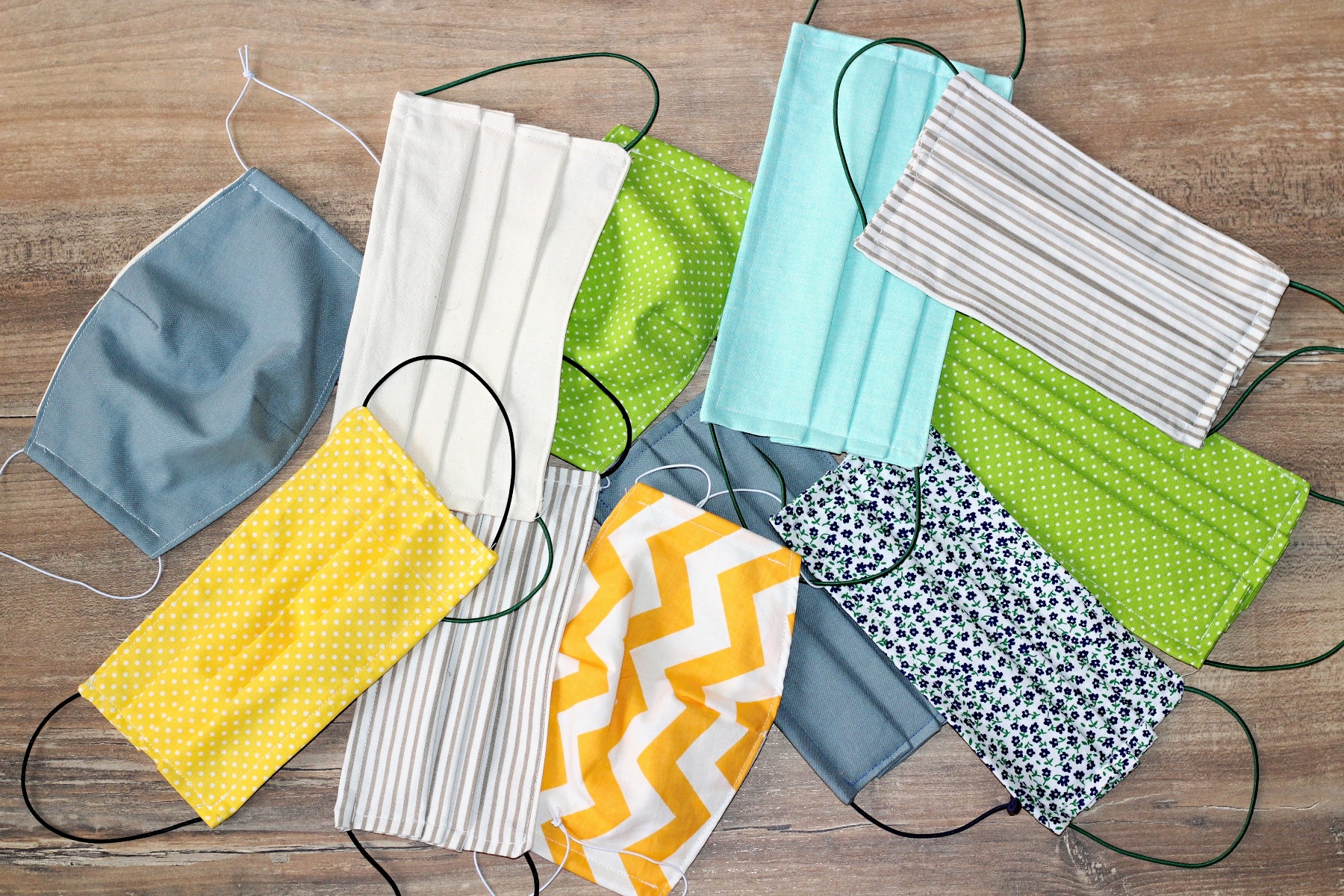
- Ideal for the general public, these reusable masks help slow the spread of COVID-19 by keeping people who are pre-symptomatic or asymptomatic from spreading the disease to others10
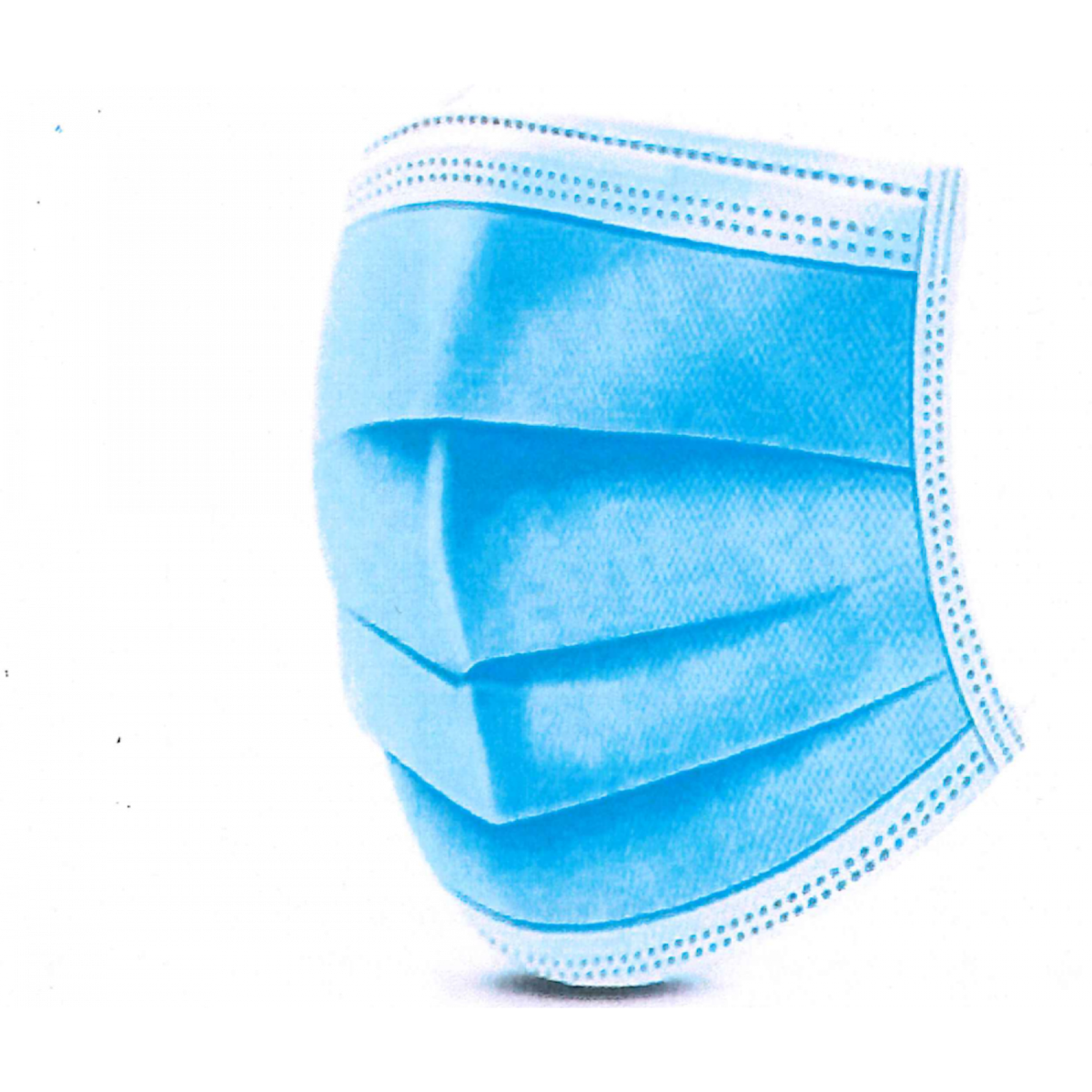
- Used by healthcare workers who depend on an adequate supply, these loose fitting disposable masks are fluid resistant, offer some protection against larger respiratory droplets, and help prevent the wearer from spreading the disease to others10
N95 Respirator Mask
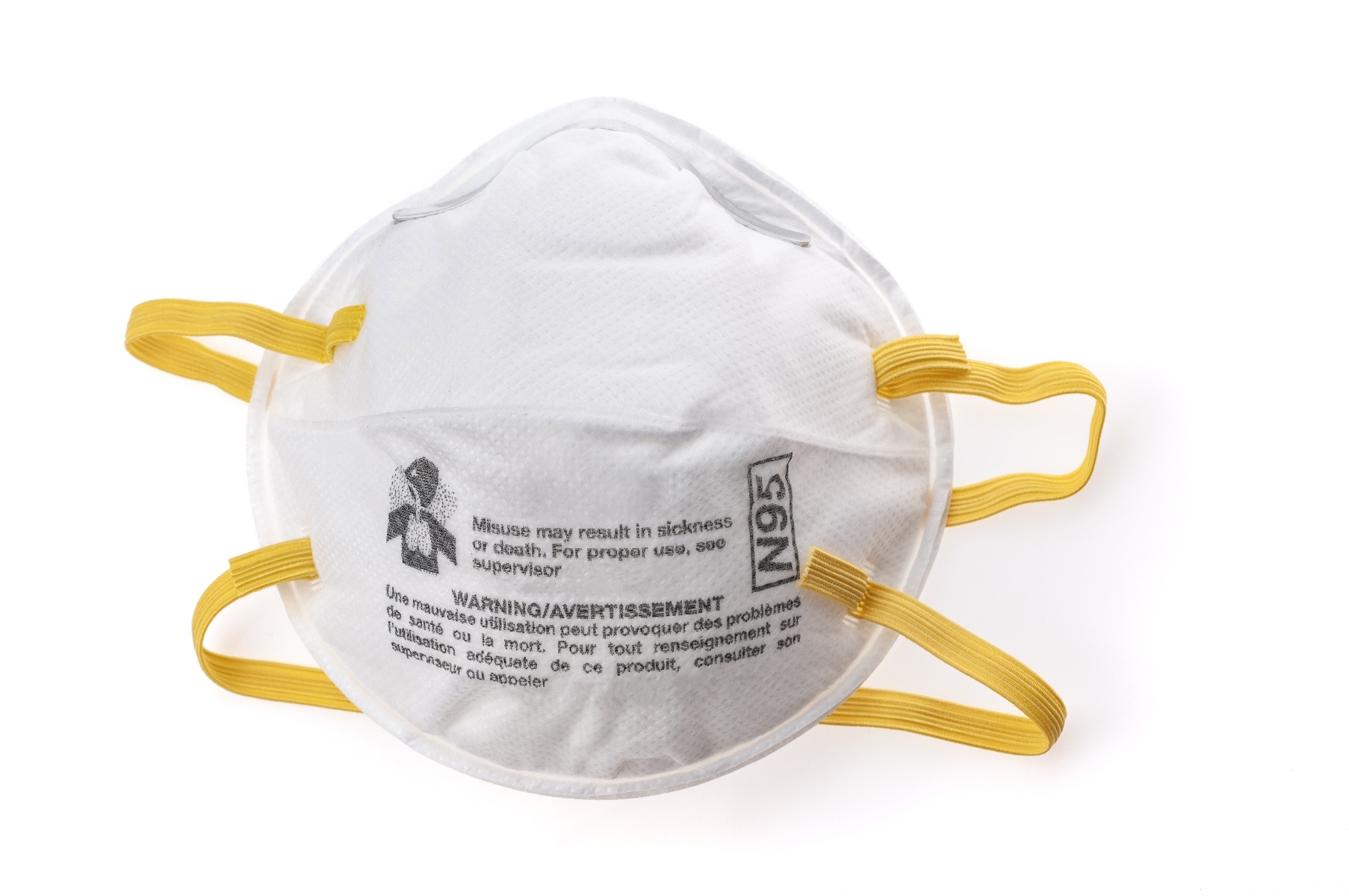
- These masks should be reserved for healthcare providers and first responders as they are in short supply, they prevent exposure to large and small respiratory droplets, healthcare workers who wear them must undergo a fit test to the the right make, model, and size to ensure a tight fit
Face Shield
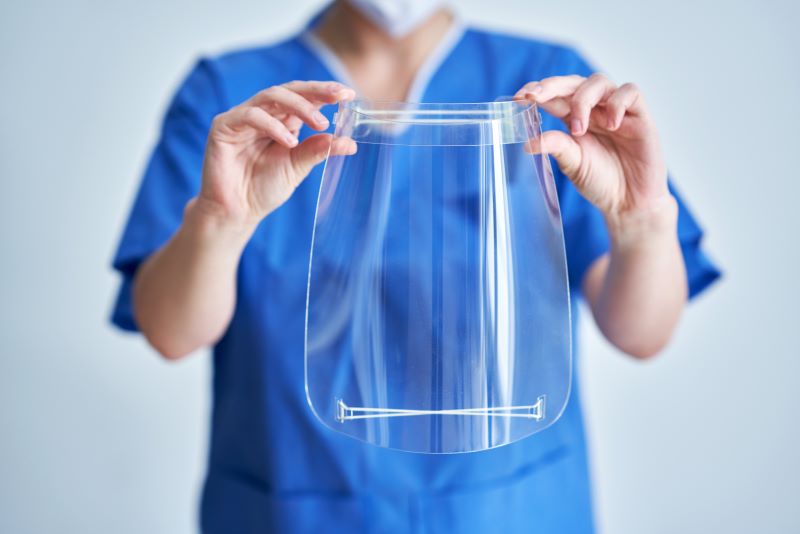
- Consisting of rigid clear plastic that attaches to a headband, a face shield may be used during aerosolizing procedures or in addition to N95 masks for extra protection when treating COVID-19 patients10
- If you are maintaining social distancing, at least 6 feet of space, you will not need a face shield, however if you must be in close contact with someone who is not wearing a mask, a face shield may offer some additional protection
In summary, the CDC currently recommends cloth face coverings for the general public. At this time, they state that “surgical masks and N95 respirators are critical supplies that should be reserved for healthcare workers and other first responders.”
Should your face mask have an exhalation valve?
Some cloth and N95 face masks have an exhalation valve. This valve makes it easier to breathe (exhale) and may help keep your face cooler. The CDC states that an N95 mask with a valve offers as much protection to the wearer as one without a valve. However, a mask with a valve should not be worn “in situations where a sterile field must be maintained because the exhalation valve allows unfiltered exhaled air to escape into the sterile field”.
Because a face mask is primarily used for source control to prevent the wearer from spreading the virus to others, a mask without a valve is a better choice to help reduce the spread of coronavirus.
Should your face mask have a filter?
Some people buy or create masks with a pocket inside to hold a filter, such as a coffee filter, unused vacuum cleaner bags, HEPA furnace filters, HVAC anti-allergy filters or other air filters. John Hopkins Medicine recommends making sure the filter is sandwiched between at least two layers of fabric to reduce your risk of inhaling potentially harmful filter fibers.
| Monday - Friday: | 8.30 - 18.30 |
| Saturday: | 10.30 - 16.30 |
| Sunday: | 10.30 - 16:30 |
Lowering your blood pressure
April 22, 2021Managing diabetes
April 22, 2021



